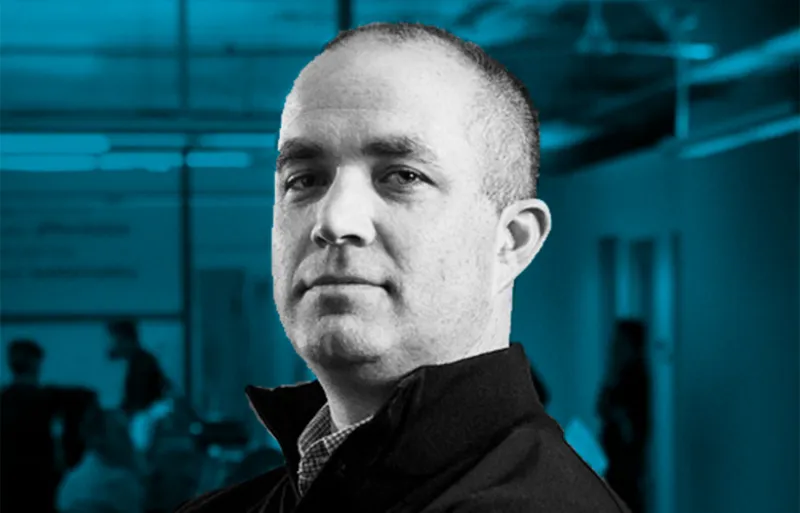Private equity firm Spring Lane Capital is aiming to carve out a niche in what has become an increasing crowded market by offering affordable financing for smaller scale, sustainable infrastructure projects.
The firm, which launched its first fund last year, focuses on project finance investments in the energy, water, food, and waste industries. It is committing $25 million in project equity to Aries Clean Energy, a renewable energy company which turns waste into a gas fuel used to produce electricity. At the same time, Aries is issuing $21.4 million in equity, led by existing investors. Spring Lane will take on a chunk of those shares, so that the firm is invested alongside the company’s founders and initial backers.
Rob Day, a partner at Boston-based Spring Lane, said the firm is “trying to address the big gap in financing for smaller-scale solutions, such as a waste management facility built right behind a food and beverage processing plant.” At the same time, he said the strategy is capitalizing on investor need for safe assets with higher yields.
“These decentralized solutions have compelling economics, but they’re not being deployed quickly simply because of a lack of capital,” he said. “Traditional project finance has trouble scaling down to the level.” Nikhil Garg, a Spring Lane partner who will sit on the board of Aries, said the energy company had looked at growth equity and traditional private equity financing, but “it was almost punitive terms to get the money.” Either method would have been expensive and involved insiders giving up control of the company.
“We see this again and again across these markets,” Day added.
Spring Lane operates an investment model it calls “integrated deployment capital,” a strategy of investing alongside entrepreneurs and helping them with future fundraising. The strategy helps assure potential investors that future projects have financing and won’t be held back by a lack of access to capital. Infrastructure projects in energy, food, and water have previously been handicapped by a lack of financing options, as project finance capital from banks and institutional investors is traditionally not allocated to small-scale initiatives like renewable energy.
“Investors in these sectors have learned to be wary of companies that don’t understand where the rest of the capital will come from,” Day said.







